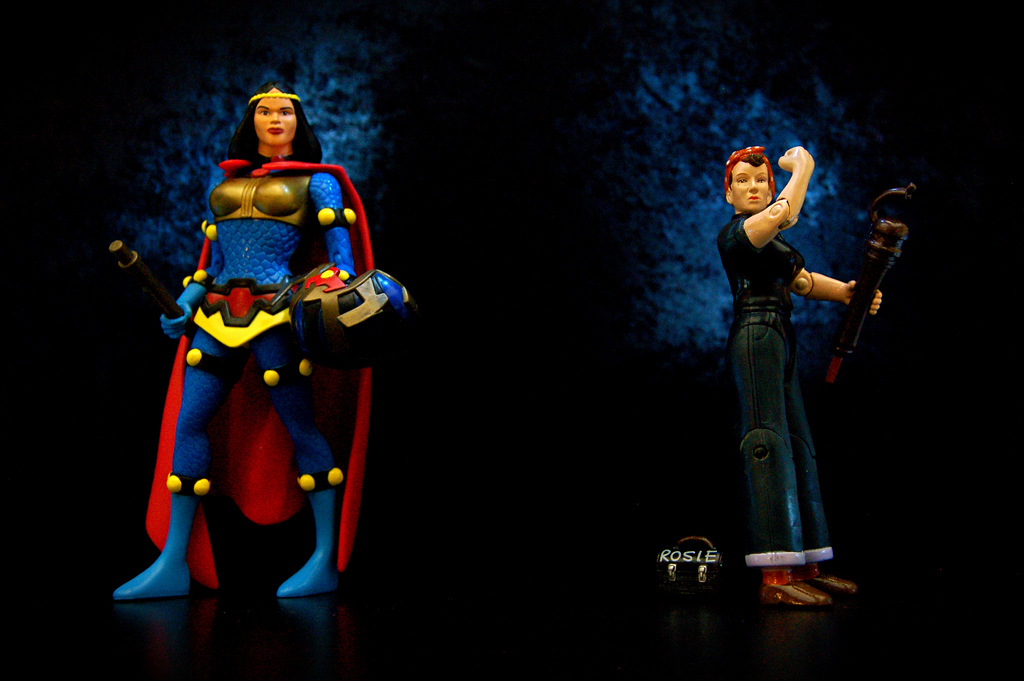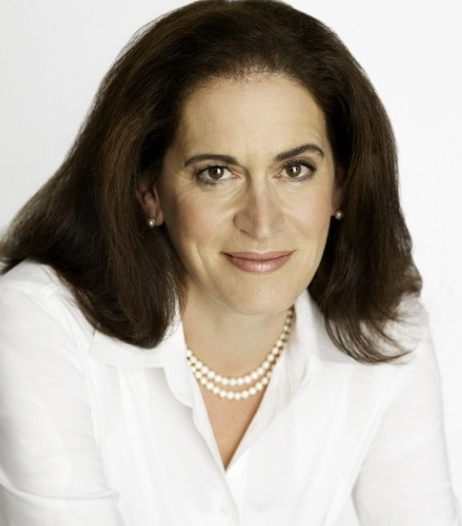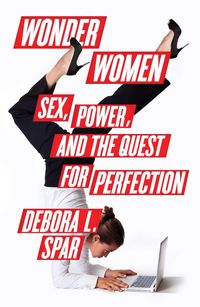
In Squaring Off, Zócalo invites authors into the public square to answer five questions about the essence of their books. For this round, we pose questions to Barnard University President Debora Spar, author of Wonder Women: Sex, Power, and the Quest for Perfection.
Twenty-one years ago, as she hurriedly pumped breast milk in a LaGuardia airport bathroom stall between flights, Spar wryly reflected that she was indeed “having it all.” The epiphany confirmed what she was already beginning to suspect: The reality of combining work and motherhood was quite a bit less glamorous, and certainly less tidy, than her generation had been led to believe. In Wonder Women, Spar attempts to dispel the “having it all” myth—arguing that her generation of women put too much pressure on themselves and neglected the feminist movement’s original collective social vision.


-
You assert, at the beginning of the book, that it “wasn’t supposed to be this hard” to navigate work-life balance. It reminded me of a boss I had once, a male mentor, who would point out that “Life isn’t a Montessori kindergarten.” Most worthwhile endeavors are hard. Why shouldn’t women expect work-life balance to be hard? Is the problem that it still seems a bit harder for women than for men?
The problem is that many women today are surrounded by cultural norms that somehow transmit the illusion of ease. Think of the glossy magazines, which routinely show women looking gorgeous, holding high-powered jobs, and presiding over immaculate homes. Think of posters and well-meaning teachers constantly exhorting girls to “reach for the stars.” These things are good, because we want girls and women to be ambitious and aspirational. But we also need to convey the grit, hard work, and inevitable frustrations that will accompany anyone’s pursuit of her dreams. Men seem to grow up with a better sense of these obstacles. And their pathways to professional success remain clearer. -
When you use the expression “we,” in your book, how can you be sure you are speaking for most of the women in your generation?
I can’t, of course. I am describing the reality that I experienced. But talking about this topic, and researching this topic, for over five years has convinced me that many—though certainly not all—women of my age had a similarly lopsided reaction: rejecting or disdaining feminism while eagerly grabbing for the opportunities it had created. -
You argue that in the past 50 years, feminism became “privatized,” focused more on women’s individual achievement than collective action. Why (or when) do you think that happened?
I don’t think there’s a single point in time, but by the early 1980s—the same moment when lots of other things were being privatized across the United States and Europe—the collective goals of sisterhood seem to have gotten lost in a more personalized struggle for success. Part of this shift may have been the zeitgeist of the moment. Part may have been a second generation of women moving away from their mother’s battles and on to new ones of their own. And part may have been the result of media portrayals that generally cast feminism as a hard and unpleasant battle, and successful (beautiful, funny, wealthy) working women as the new goddesses. -
What can be done to recover feminism’s sense of communal endeavor—its disruptive, daring spirit?
I’m not sure there’s an easy answer. But the generation that’s coming of age right now is a bit more community-minded than those that immediately preceded them. They are sharing bikes, at least, and car rides, and couches in strangers’ homes. The economy is also conspiring, sadly, to make the pursuit of instant wealth a far less likely endeavor for many young people. So hopefully—and perhaps with a bit of prodding from older voices—this generation can rediscover the disruption and excitement that feminism, and other civil rights movements, have historically provided. -
“My generation made a mistake,” you wrote, in seeking personal perfection rather than pushing for positive change through mutual solidarity and collective endeavors. From your perch at Barnard College, do you see the next generation solving any of our current problems—or finding new work-life balance solutions?
The young women coming of age are realistic about what lies ahead, and are generally greeting the future with a good mix of optimism and realism. Oddly, the relative weakness of the economy may have a silver lining for many of them, because rather than following the herd to finance, or consulting, or law school, or whatever trends drove earlier generations, they are actually taking time to think about what they like to do, and how they can make a difference. Working around these young women never gives me anything but a strong sense of hope.



